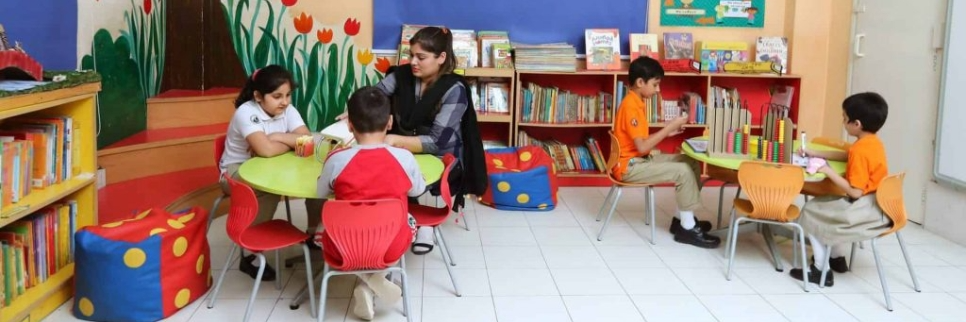The Impact of Teacher Departures on Student Achievement and School Culture

- May 8, 2023
- 2453
The quality of education students receive is largely dependent on the teachers who guide them through the learning process. In recent years, teacher departures from schools have become a significant concern for school administrators, policymakers, and parents alike. High rates of teacher attrition can have long-lasting effects on student achievement and school culture. This article aims to explore the impact of teacher departures on these critical aspects of education and discuss potential strategies to address the issue.
The Role of Teachers in Student Achievement
Teachers play an essential role in shaping the academic success of students. A strong teacher-student relationship built on trust, support, and mutual respect is vital for effective learning. When teachers leave a school, students may experience a disruption in the learning process, especially if the departing teacher had a strong rapport with the students. Studies have shown that teacher turnover can negatively affect student achievement, particularly in low-income schools where resources are already scarce and stability is crucial.
Impact on School Culture
A positive and supportive school culture is vital for both students and teachers. Teacher departures can have a profound effect on the overall school culture, as they can lead to a loss of institutional knowledge, expertise, and valuable mentorship for new teachers. Additionally, the departure of experienced teachers can diminish a sense of community, continuity, and trust among students, staff, and parents. This can result in a decline in morale, job satisfaction, and ultimately, the quality of education provided to students.
Disproportionate Effects on Underserved Schools
Teacher departures are particularly detrimental to underserved schools, where students often face additional challenges in their learning environments. High rates of teacher attrition can exacerbate existing disparities in academic achievement and hinder opportunities for success among vulnerable populations. These schools may struggle to attract and retain qualified teachers, perpetuating a cycle of instability and negatively impacting student outcomes.
Strategies to Address Teacher Departures
To mitigate the impact of teacher departures on student achievement and school culture, it is essential for schools to develop and implement effective retention strategies. Some recommendations include:
-
Competitive Compensation: Offering competitive salaries and benefits can help attract and retain talented teachers, reducing the likelihood of departures.
-
Supportive Work Environment: Providing a positive and supportive work environment with adequate resources, professional development opportunities, and strong leadership can boost job satisfaction and improve teacher retention.
-
Mentorship Programs: Establishing mentorship programs can help new teachers navigate the challenges of their profession while fostering a sense of community and support among staff.
-
Teacher Recognition: Acknowledging and rewarding the hard work and dedication of teachers can boost morale and job satisfaction, reducing the likelihood of departures.
-
Work-Life Balance: Encouraging a healthy work-life balance by reducing workload, offering flexible schedules, and supporting personal and professional development can help retain teachers in the profession.
Conclusion
Teacher departures can have a significant impact on student achievement and school culture, particularly in underserved schools. By understanding the factors that contribute to teacher attrition and implementing effective retention strategies, schools can help mitigate these negative effects and ensure a high-quality education for all students. A stable and supportive school environment is essential for the success of both teachers and students, and fostering such an environment must be a priority for educators and policymakers alike.






